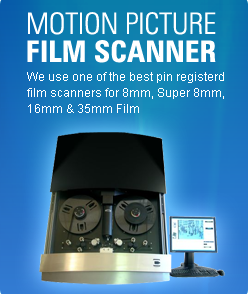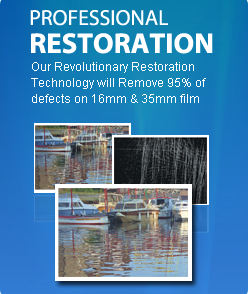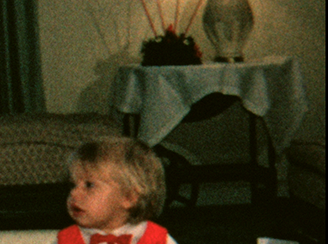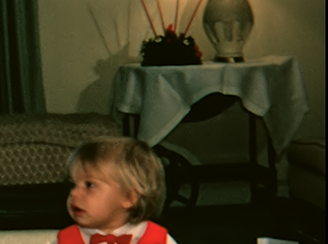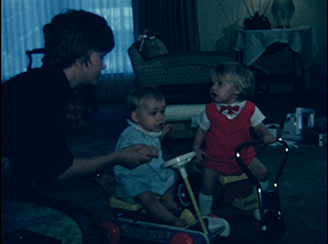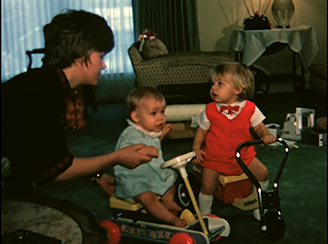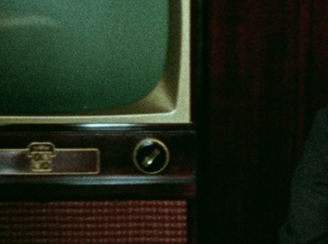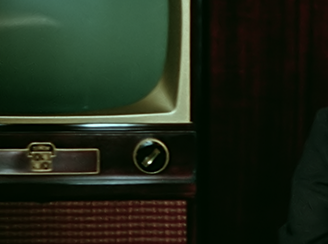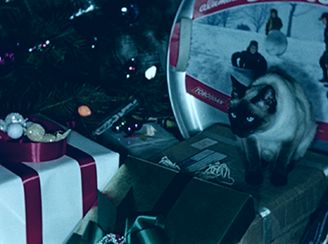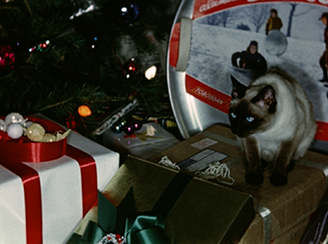
Pro Hollywood Restoration Auburn
We offer 3 restoration options. Color Correction, Grain Elimination and Stabilization Technology.
About 90% of our Auburn customers want the color correction and about 75% do the grain elimination. We do also offer image stabilization. It adds a nice touch to those old home movies.
Color correction is very important for amateur film because we will be able to recover more footage that was shot too dark or has darkened as part of the aging process. The scanner monitors the light and color balance and will change it based on pre-determined algorithms. This means it will pump more light through film that is dark and it will back off on film that is too bright. This will allow us to recover footage that would normally be too dark or too light. In addition, after the scan, an editor will go through the footage looking at skin tone and things like the color of the sky to order to make sure it looks correct. You can see in the examples below how much better the images look with our 2 pass color correction.
Grain is on all film. Look at the "Before" picture below compared to the "After" picture. These little dots muddy up the image and take away from the content you care most about. Now, look at the After picture on the right. This is what you really want to see. We do recommend Grain Elimination on all film for our Auburn customers.
Most amateur films have some stabilization issues just because of the way the film was shot. But, most people are used to seeing this on old movie film (See example video clip below). So, we see stabilization as a nice to have but not required. If you can afford to do it then we would recommend it. If it pushes you outside your budget then we would just recommend the Grain Elimination technology.
Super 8 Film Examples Auburn
|
|
Before |
After |
|
|
|
|
Before |
After |
16mm Film Examples
|
|
Before |
After |
|
|
|
|
16mm Before |
16mm After |
Auburn Fun Facts: Auburn, Maine, in Androscoggin county, is 30 miles N of Portland, Maine and 127 miles N of Boston, Massachusetts. The city is located in the Lewiston-Auburn metropolitan area. Auburn has a population of 23,203. Auburn, Maine, in Androscoggin county, is 30 miles N of Portland, Maine and 127 miles N of Boston, Massachusetts.
Maine Fun Facts: Maine is famous for its rocky coastline, and is the leading U.S. producer of lobsters and blueberries. Maine, the largest of the six New England states, lies at the northeastern corner of the country. Maine became the 23rd state on March 15, 1820, as part of the Missouri Compromise, which allowed Missouri to enter the union as a slave state and Maine as a free state.
